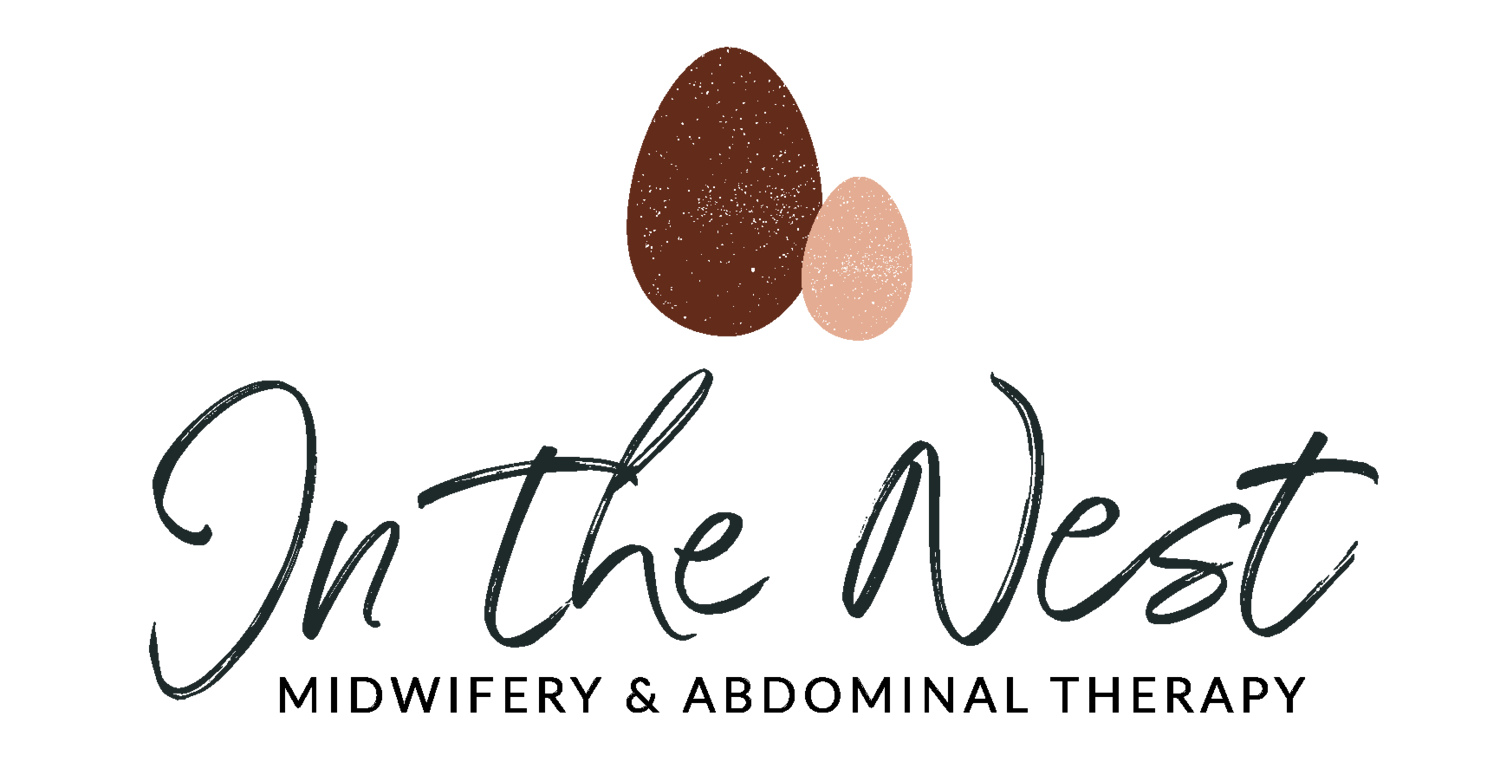Part II: Sexy Times After Pregnancy
So, you've given birth. You are focused on this new being in your home, or in the rapid changes your body is undergoing, or breastfeeding, or sleep patterns, or diapers, or...
Postpartum is a time of focus. Some cultures recommend forty days of rest after giving birth. Forty days is a good number to aim for as your body heals, but everyone is different. Some birthing parents may need much longer to heal, especially if they have had a cesarean birth or experienced complications during their labor and birth. Some birthing parents may feel eager to resume some light activity shortly after birth. It's all normal.
WHAT DOES THIS HAVE TO DO WITH SEX?
The point that I'm trying to make here is that some folks may feel ready to resume sexual activity shortly after birth, and some may not be ready for months following birth. It's all normal.
WHAT FACTORS INFLUENCE POSTPARTUM SEXUAL ACTIVITY?
There are numerous factors that affect postpartum sexual activity and satisfaction.
Desire
Energy level
Body image
Pain
Healing from vaginal birth (92% of birthing people have some perineal pain after vaginal birth.)
Healing from an episiotomy (leads to the highest levels of reported pain during sex following birth)
Healing from a cesarean birth (research showed that surgical birth wasn't necessarily protective against perineal pain postpartum.)
Relationship satisfaction. Increased emotional satisfaction and connection with partner(s) leads to more sexual desire and satisfaction, especially during the postpartum period.
Hormones lead to changes in lubrication, tone, sensitivity, and desire.
Breastfeeding leads to changes in nipple tenderness and sensitivity. Also, decreases libido as a result of fatigue.
Contraception method and family planning
Age of the birthing person birthing people over the age of 35 years had less sexual desire and satisfaction following birth.
Number of children: those birthing for the first time had more pain with sex and less sexual desire in the postpartum than those who had birthed subsequent babies.
MANY MORE
There are many factors that are unclear whether they influence postpartum sexual activity. Research regarding the effect of breastfeeding on postpartum sexual function is inconclusive. There is no clear link between breastfeeding and vaginal dryness. Similarly, Pelvic Floor Therapy wasn't conclusively shown to lead to increased sexual function in postpartum people. That being said, let it be known that different things work for different people. The mind body connection made through Pelvic Floor Therapy may be empowering and beneficial.
WHAT CAN BE DONE ABOUT PAIN DURING SEX?
Firstly, give your body time to heal. There are lots of ways to maintain intimacy with a parter(s) during the postpartum period. The better you are able to rest, eat, hydrate, and process your birth the better you will heal. It's okay for the focus to shift to breastfeeding, bonding with baby, nurturing yourself, and transitioning into parenthood. The world will be there when you're ready. Sex will be there when you're ready too.
When you're ready here are some helpful tools
A waterbed and safety goggles just kidding...
An open mind and some sense of humor
Communication
Personal lubricant
Try new positions that give you more control over the angle, depth, and pace of penetrative sex
Wear a bra with absorbant pads or breastfeed immediately before sex to limit leaking milk
Stress management
Privacy
Exercise to help increase blood flow to the genitals
Sex toys or devices
Herbal therapies (consult an herbalist and your primary care provider)
Counseling for help processing a traumatic birth experience or negative body image
Focus on non-penetrative sex
Time to adjust, and perhaps more time to wait before trying again
However, if you are 6 months postpartum and still experiencing decreased desire, pain with intercourse etc then it may be time to get help from your midwife or doctor. Most decreased sexual function is resolved by 6 months postpartum. Talk to your provider about
Postpartum depression which can have far reaching influences on satisfaction, energy level, and attachment.
Sex therapy
Continued perineal pain this could be related to improper healing, infection, prolapse, poor muscle tone, or a condition like vulvodynia.
Concerns about becoming pregnant again a trustworthy contraceptive method can do a lot to relieve anxieties about unplanned pregnancy and child spacing.
You feel unsafe intimate partner violence and domestic violence can affect people at all stages of life, including postpartum. Reach out to friends, family, and community resources such as The National Domestic Violence Hotline ( http://www.thehotline.org/about-us/contact/ )
REFERENCES FOR PART 1 and PART 2
http://www.mayoclinic.org/healthy-lifestyle/labor-and-delivery/in-depth/sex-after-pregnancy/art-20045669
Yeniel, A. O., & Petri, E. (2014). Pregnancy, childbirth, and sexual function: perceptions and facts. International urogynecology journal, 25(1), 5-14.
Gałązka, I., Drosdzol‐Cop, A., Naworska, B., Czajkowska, M., & Skrzypulec‐Plinta, V. (2015). Changes in the sexual function during pregnancy. The journal of sexual medicine, 12(2), 445-454.
Rupp, H. A., James, T. W., Ketterson, E. D., Sengelaub, D. R., Ditzen, B., & Heiman, J. R. (2013). Lower sexual interest in postpartum women: relationship to amygdala activation and intranasal oxytocin. Hormones and behavior, 63(1), 114-121.
Anbaran, Z. K., Baghdari, N., Pourshirazi, M., Karimi, F. Z., Rezvanifard, M., & Mazlom, S. R. (2015). Postpartum sexual function in women and infant feeding methods. Higher education, 62, 16-9.
Brækken, I. H., Majida, M., Ellström Engh, M., & Bø, K. (2015). Can pelvic floor muscle training improve sexual function in women with pelvic organ prolapse? A randomized controlled trial. The journal of sexual medicine, 12(2), 470-480.
Leeman, L. M., & Rogers, R. G. (2012). Sex after childbirth: postpartum sexual function. Obstetrics & Gynecology, 119(3), 647-655.
ACOG article (Leeman and Rogers, 2012)
